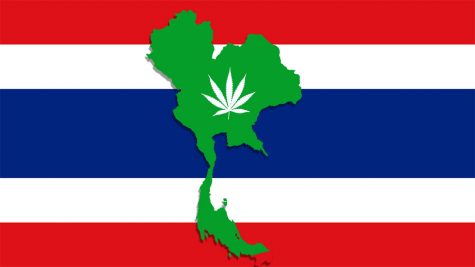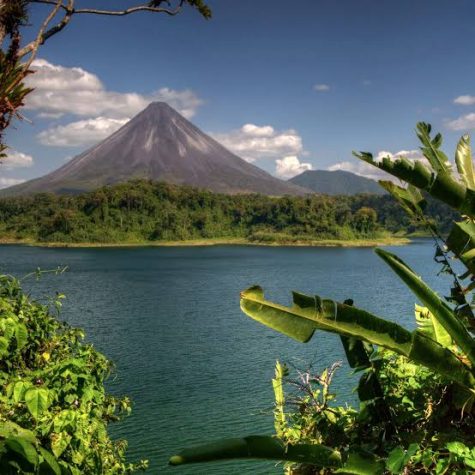Argentina legalizes the sale and home cultivation of medical cannabis

Argentina has made history by amending regulations for medical cannabis use in the South American country. Law 27.350 – which is regulated by Decree 883/2020 – was recently modified to permit the self-cultivation of medicinal cannabis.
Specifically, the amendment to Argentina’s medical cannabis law confirms that “controlled solidary cultivation” will be legalized for individuals who have formerly registered with the Cannabis Program Registry (Reprocann).
While Argentina’s medical cannabis law may be an add-on to the existing language contained in the Decree, State and health insurance companies have been informed that they are obliged to provide patients with access to the green plant.
According to the legal framework, “master formulations” can be produced in accordance with safety standards. Those formulations will ensure that patients can obtain affordable and legal medical cannabis in Argentina. All products will be available to purchase at authorized pharmacies and the National Bank of Oncological Drugs.
“It is imperative to create a regulatory framework that allows timely, safe and inclusive access and protection for those who need to use cannabis as a therapeutic tool,” reads an excerpt from the amendment, which stresses the significance of conducting quality control practices and clinical research into medical cannabis products.
Argentina’s medical cannabis law could stimulate economic growth
Aside from the obvious healthcare benefits that are likely to emerge from Argentina’s medical cannabis laws, the new regulations are sure to give the economy a boost. Pablo Fazio, president of the Argentine Chamber of Cannabis (ARGENCANN) – an organization committed to promoting the research, development and expansion of the cannabis industry in accordance with the standards of Law 27.350 – told reporters that the Decree is “a great step forward.”
“A space is beginning to open; allowing us to awaken an economic development agenda around cannabis in our country, which until now was completely forbidden,” said Fazio, who was very enthusiastic about the many avenues of economic and productive development that will likely transpire now that Law 27.350 has officially been amended.
With a private sector for Argentina’s cannabis industry set to materialize, it’s not surprising that activist groups in the developing country are also saluting the government’s decision. Valeria Salech’s advocacy group is one such example. She assumes the role of president for Mamá Cultiva Argentina — an organization with a goal to inform and promote the regulation of cannabis as a form of access to this therapy.
“It commits us to keep working to expand rights,” Salech said of Argentina’s medical cannabis law, which she believes is just the beginning. “Many organizations throughout the country have put their bodies and souls to work these last three and a half years in order to celebrate this right today. Now we have to continue working for a comprehensive regulatory framework,” she added.
Argentina’s medical cannabis law will protect families who illegally cultivate their medicine
Since the country’s medical cannabis program went into effect back in 2017, patients have been bound by strict rules; including a ban on home growing. Although many different groups of people stand to benefit from the amended law – which was issued by President Alberto Fernández – families who have resorted to cultivating cannabis for medical purposes outside of the legal industry will be heavily impacted.
Due to previous restrictions on home growing, many families in underprivileged communities were left with no choice but to cultivate their own plants. This is mainly because of the high price tag associated with importing medical cannabis products in Argentina. Thanks to the new self-cultivation rules, patients can obtain individual cultivation licenses to grow their medicine. However, license eligibility will depend on a patients’ medical needs; anyone who is caught growing the plant without a license will risk spending 4-15 years in jail.
Argentina’s new cannabis rules claim that the existing legal and bureaucratic restrictions pertaining to the accessibility of cannabis oil and its derivatives are much too harsh for patients. The Decree outlines that the State will now be required “to adequately regulate access to the controlled cultivation of the cannabis plant, as well as its derivatives, for purposes of medicinal, therapeutic and/or palliative treatment of pain.”
Furthermore, healthcare professionals will undergo scrupulous training to ensure they are fully capable of dishing out relevant information to patients.












